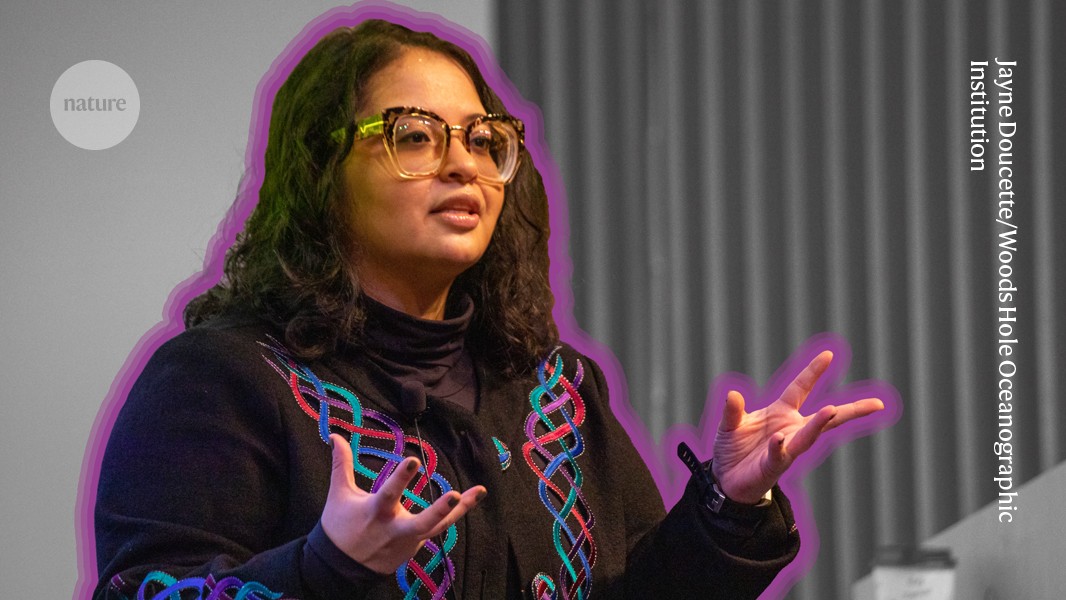
"In 2020, while writing her PhD dissertation on bringing land-restoration efforts in urban settings in Seattle under the management of Indigenous peoples, the Indigenous scientist Jessica Hernandez noticed that many of the articles and books she wanted to incorporate were not written by Indigenous people. Moreover, those that were were often not written in English. She wrote her first book, Fresh Banana Leaves (2022), as a way to help Indigenous peoples feel represented and to integrate Indigenous knowledge into scientific research."
"Hernandez's heritage is both Maya Ch'orti', an Indigenous Maya group, and Binnizá (Zapotec), an Indigenous people from the Mexican state of Oaxaco. She currently teaches environmental studies at South Seattle College in Washington. Her research focuses on integrating Indigenous knowledge systems - such as kincentric ecology, the concept that all life is interconnected as kin - into restoration and conservation frameworks, and on pushing back against colonialism in ecological efforts. Her work also aims to redefine how the topic of energy is taught in secondary-school curricula, going beyond the physics of it by incorporating concepts of equity, justice and Indigenous knowledge as they are applied to energy access, climate change and sustainability."
""It's important for more of us to write our own stories and our own books, especially when we're displaced and not living on our ancestral lands," she says."
Jessica Hernandez wrote Fresh Banana Leaves (2022) to increase Indigenous representation and integrate Indigenous knowledge into scientific research. While completing her PhD she observed that many key sources were not authored by Indigenous people and that Indigenous works were often not in English. Her heritage is Maya Ch'orti' and Binnizá (Zapotec). She teaches environmental studies at South Seattle College and researches integrating Indigenous knowledge systems, including kincentric ecology, into restoration and conservation while opposing colonialism in ecological efforts. She works to broaden energy education to include equity, justice, and Indigenous perspectives. She founded Earth Daughters and supported rebuilding 200 homes.
Read at Nature
Unable to calculate read time
Collection
[
|
...
]